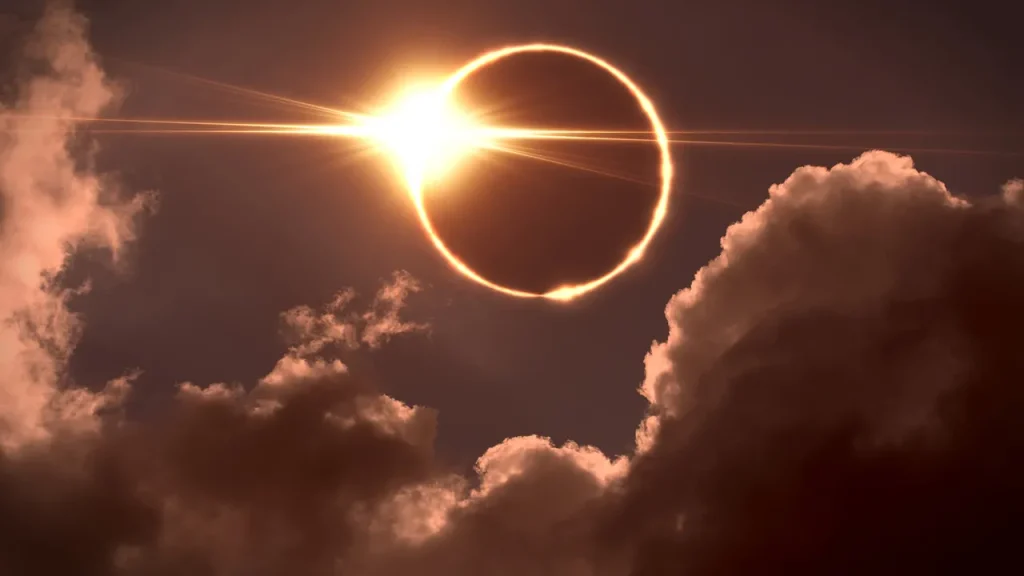Law enforcement and local governments in western New York are preparing for the influx of up to a million visitors to Niagara Falls and Erie County on Monday for the solar eclipse. State police, local police, park police, and the Department of Transportation have been planning for over a year, with 150 additional state troopers being brought in for traffic and crowd control. Drones and boats will be utilized to ensure safety during the event, and the majority of area businesses will close to prevent any chaos. Cellphone providers are taking measures to improve service, and additional emergency responders will be available throughout the region.
Past eclipse events, such as the one in Oregon in 2017, have been analyzed to better prepare for potential dangers during the eclipse. Law enforcement aims to keep people off the roads during the two-hour event to prevent any accidents like the one in Kentucky in 2017 when a person was hit by a car while looking up at the sky. Special glasses are recommended for safely viewing the eclipse, as wearing them while driving could pose a danger on the road. The region is equipped to handle surges of out-of-towners, with Niagara Falls typically seeing millions of visitors each summer. However, the condensed time period of the eclipse on April 8 will present unique challenges.
Officials are encouraging eclipse spectators to stay in the area after the totality is completed to help ease traffic congestion. Vendors, musicians, and nighttime fireworks will be available for entertainment after the event. Totality will cast a dusk-like shadow on cities like Buffalo, Rochester, and Syracuse before moving into Vermont, with New York’s Adirondacks region being the last to see the total solar eclipse. The event is expected to draw people of all ages and backgrounds from various places, making it a unique experience that may only happen once in a lifetime.
Potential dangers during the eclipse include impacted cellphone service, traffic jams, and decreased mobility for first responders in emergencies. The Niagara region on the Canadian side of the falls declared a state of emergency for April 8 due to concerns about these issues. Law enforcement is confident in their ability to manage any chaos that may arise during the event, with a large presence of officers in the area to prevent criminal activity. The goal is to ensure a safe and enjoyable experience for all visitors during what promises to be a memorable event not to be missed in western New York.















